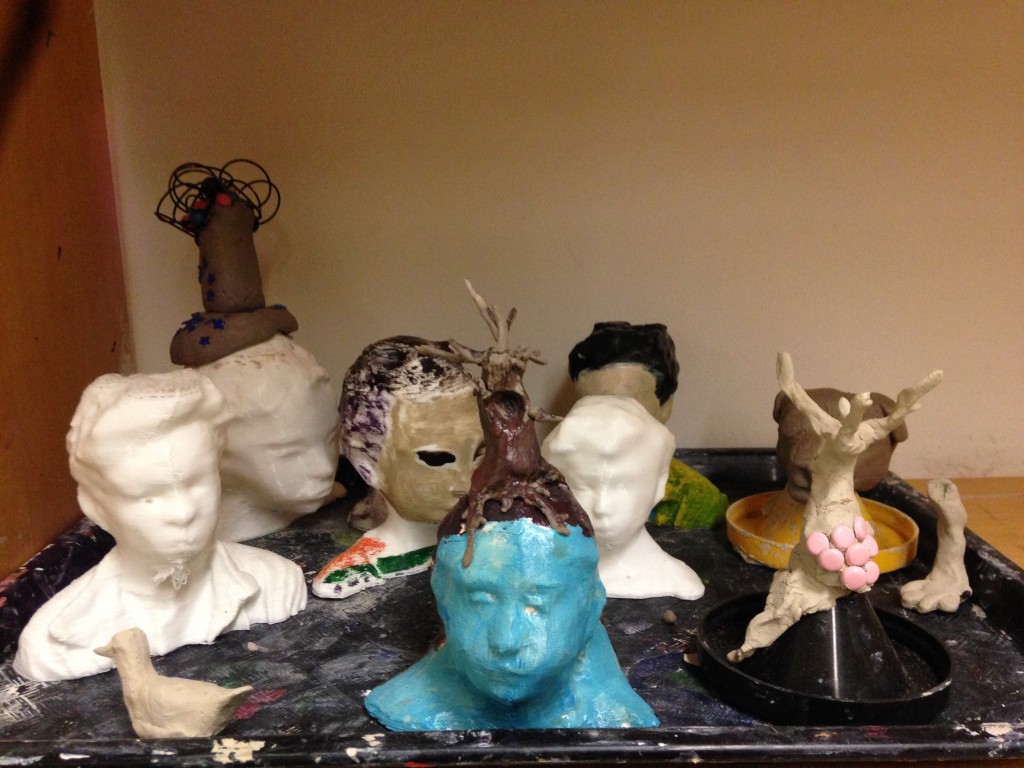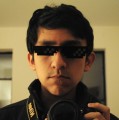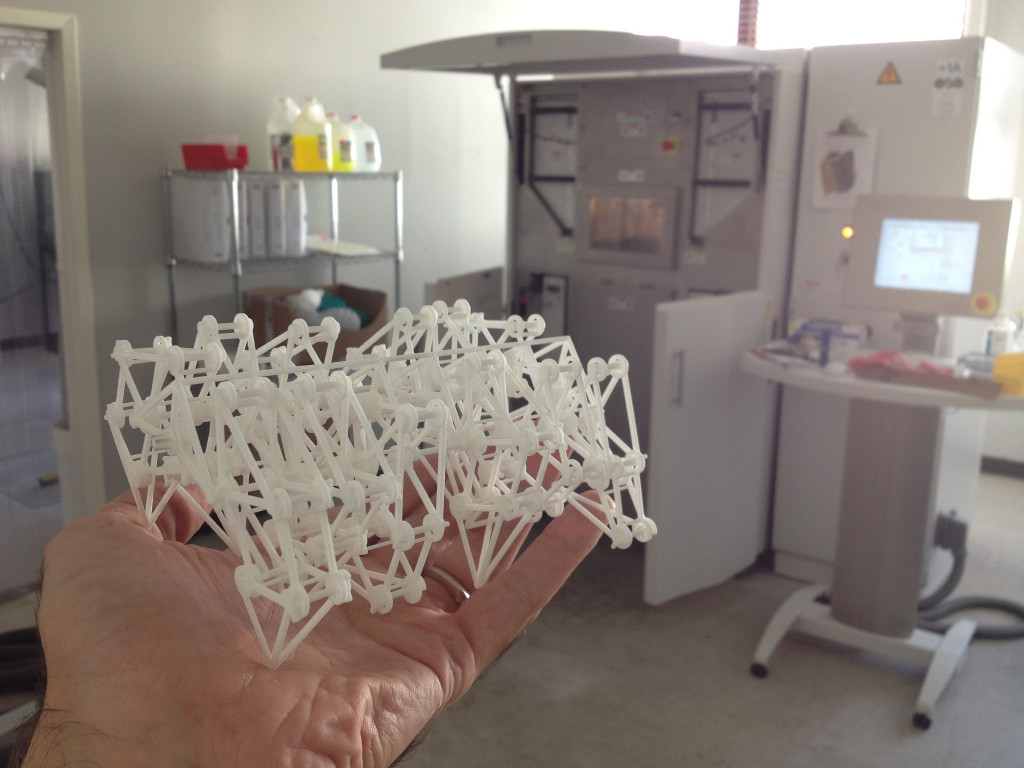Teaching next-gen art making for the next generation of artists
Since we first made use of our 3D printer, we’ve grown the number of things we’ve used it for, ranging from creating a participatory experience in our screening of Brooklyn Castle to combining Japanese sculpture with the Internet of Things. This has introduced new ways people can experience our art collection with 3D printing as a means to that end. As this technology has evolved however, artists have also found a use for 3D printing in the creation of art itself, building a new genre of sculpture crafted digitally but brought into the physical world one layer of material at a time.
The first objects explicitly 3D printed as art happened were created some time in the late 90s, using a 3D printer the size of a refrigerator with a price tag bigger than a yacht. In the decade that followed, the RepRap project introduced the idea of a desktop 3D printer, eventually leaving us in the present day, where a 3D printer can cost less than a smartphone. With 3D printing in the hands of an increasing number of artists, 3D printed art is proliferating along with long-established forms or art-making with long-established methods of learning their craft.
Every summer, our Education department’s Gallery/Studio Program brings in kids from around the community to join in workshops led by a professional teaching artist to learn how art is made and create works inspired by a work in our collection. This year, we launched Forward Thinking: 3D Printing, a class for tweens which incorporated 3D scanning and printing along with traditional clay work to create 3D scanned and printed works inspired by Fred Wilson’s Gray Area and the Beaded Crown (Ade) of Onijagbo Obasoro Alowolodu, Ògògà of Ikere. This class was sponsored by Deutsche Bank Americas Foundation through their Art & Emerging Technology grant program, which advances the usage of interactive technologies in cultural institutions.

Students used 3D scans of their heads to create busts, which they decorated with headpieces of their own design. We used more of the low-cost 3D Systems Cube 2 printers for printing with the 123Dcatch app on iPads for scanning and Tinkercad for 3D modeling to keep the costs of continuing to make art after the class reasonably low and accessible.
In addition to learning about 3D scanning and printing for our set of printers and software, the class was visited by working artists who got a chance to show how they make art and what it’s like to try making a living from it. Earlier this month the class also took a field trip to the Shapeways Factory of the Future in Long Island City, where they saw high-end printers in action transforming digital designs into SLS nylon, dyed gypsum, and other advanced materials.

After building their own individual works, students also got a chance to work together to create a collaborative work inspired by Gerrit Rietveld’s Doll’s House and the museum’s own Studio 1 room, which is being processed for printing in full-color sandstone at Shapeways at this very moment.
The students’s artworks will be on display in the Con Edison gallery on the first floor this fall starting September 13th, so be sure to check it out! In addition to the display in the museum, the crew behind Forward Thinking: 3D Printing will be presenting on the class at World Maker Faire in Queens on September 20th to the 21st. We hope to see you there!

David Huerta was a Web Developer at the Brooklyn Museum from 2011-2016. Aside from helping maintain and improve the museum's website and mobile apps, he experiments with new technologies to investigate their potential in the museum experience. Currently, he co-organizes Art Hack Day, a part-hackathon, part-happening which brings artists and hackers together for 48 hours to build a pop-up exhibition. Before arriving in New York, he was one of the founding members for HeatSync Labs, an Arizona hackerspace which brings makers, tinkerers, and the occasional futurist together to build things and teach others how to do the same.


Start the conversation